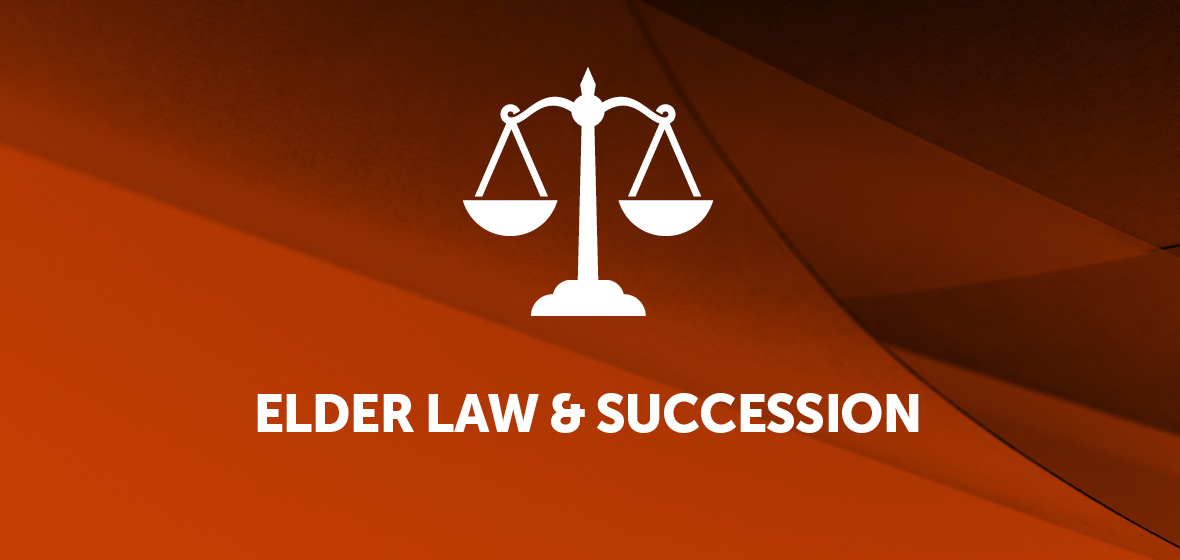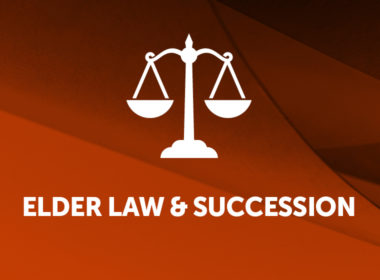Key decisions
- Craven v Bradley [2021] VSC 344
- Chant v Curcuruto; Chant v Curcuruto [2021] NSWSC 751
- Kong v Yan [2021] SASC 82
- Ip v Chiang [2021]
- Re Permewan [2021] QSC 151
- Hayward (as Executor of Felton Estate) v Speedy and Felton [2021] NSWSC 943
Application of an adjustment clause
By her will, Phyllis Craven gave her residuary estate to her three sons in equal shares. A parcel of real estate was given to one son and another parcel to another son. The will contained an equalisation clause to take into account the different values of the real estate. There were two issues to be determined by the Court for the purpose of applying the equalisation clause. First, one parcel of real estate would be subject to capital gains tax (‘CGT’), but the taxpayer (for the purpose of calculating the adjustment of that tax) was not specified. The Court analysed the operation of the CGT provisions of the Income Tax Assessment Act 1997 (Cth). The Court construed the clause as envisioning the sale of the real estate by the estate, rather than the deceased (Craven v Bradley [2021] VSC 344 (Derham AsJ) at [92]).
The second issue involved the date of valuing that parcel of real estate. This directed attention to the Victorian equivalent of Succession Act 2006 (NSW), s 45 (concerning the method of valuation if a contrary intention does not appear in the will). The Court concluded that, as the will did not provide a date upon which the valuation was to be calculated, the will clause was incomplete and therefore amenable to the operation of s 45 (at [117]), meaning that the valuation occurred at the date of the deceased’s death.


